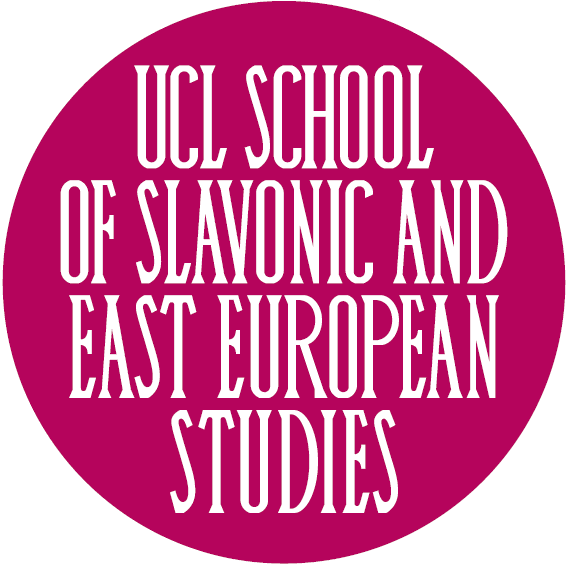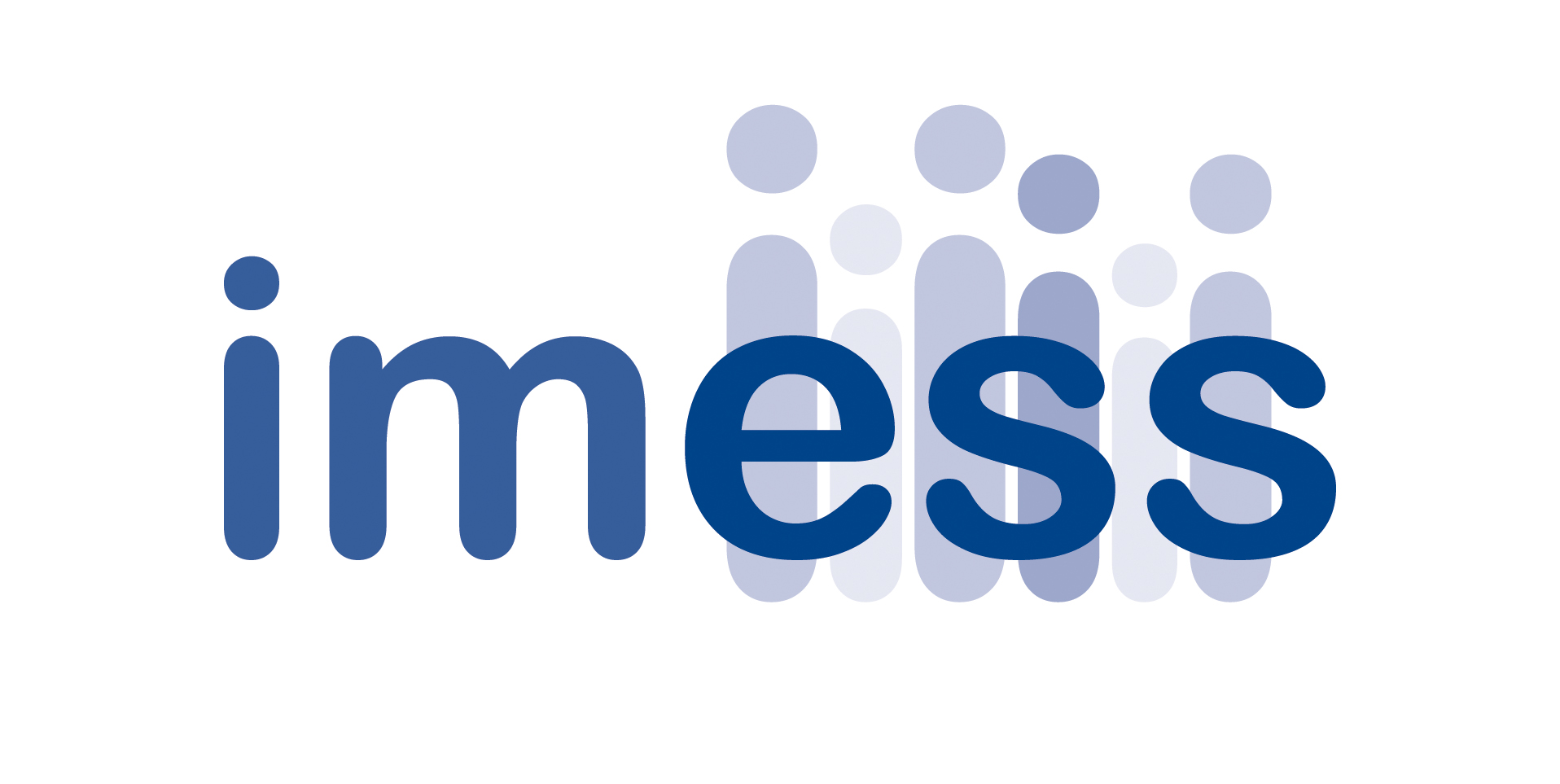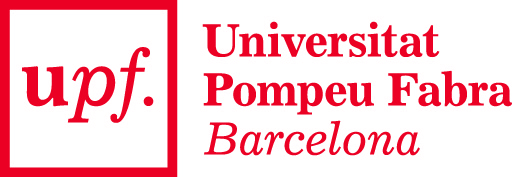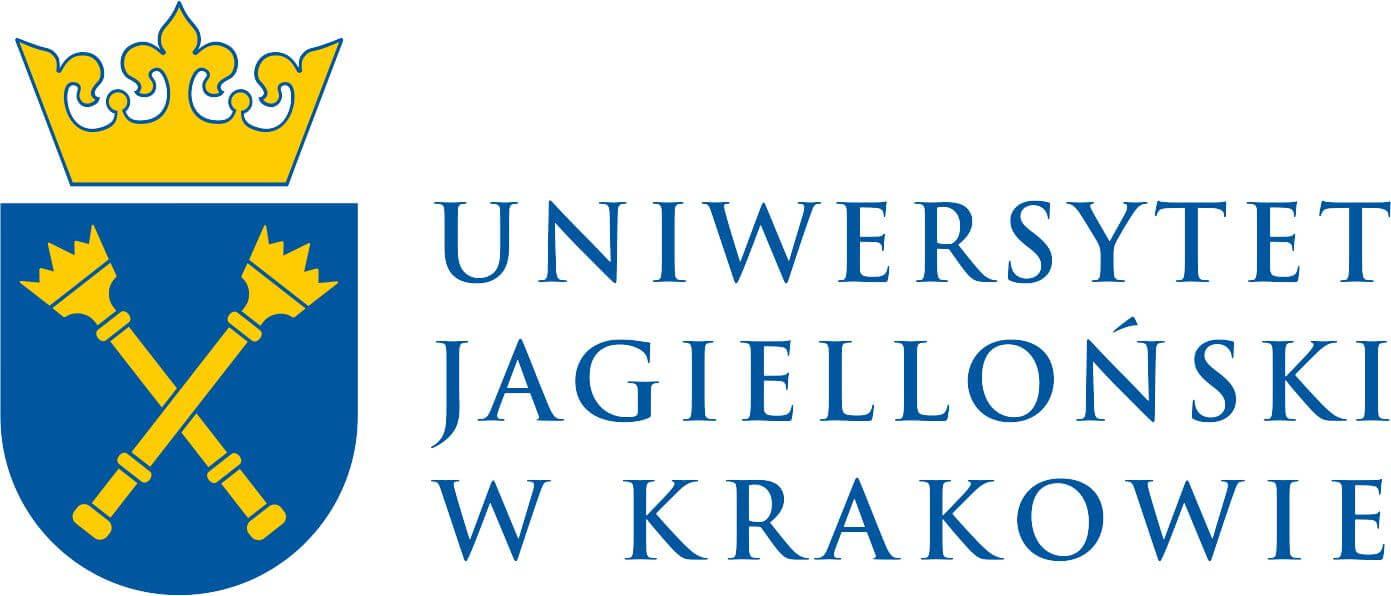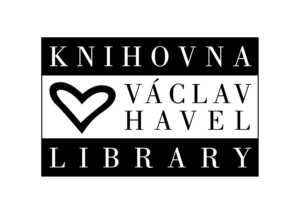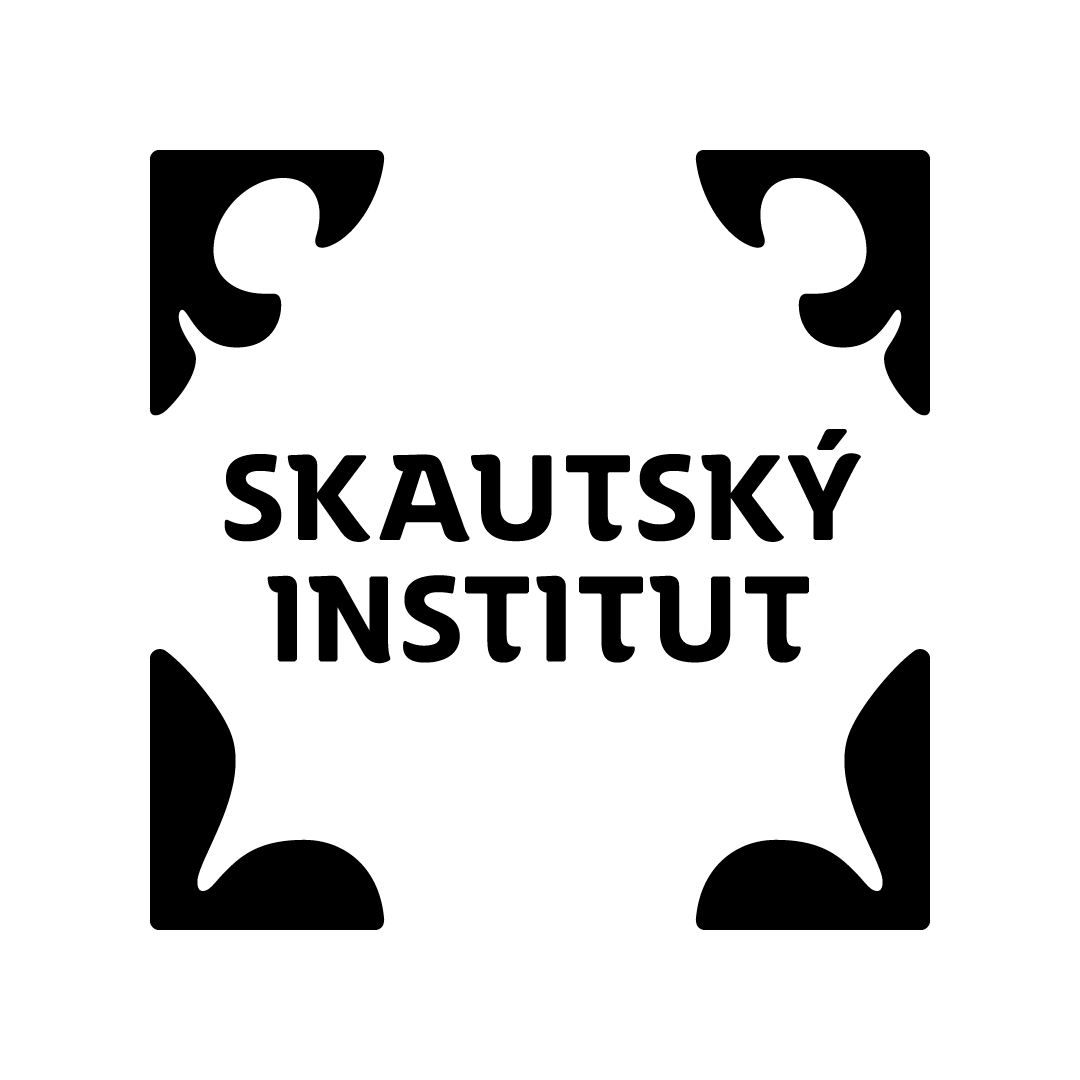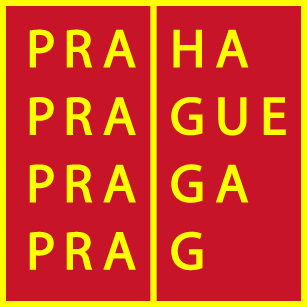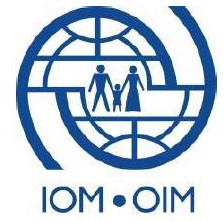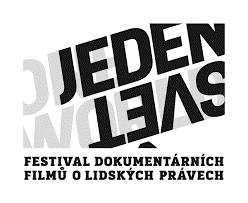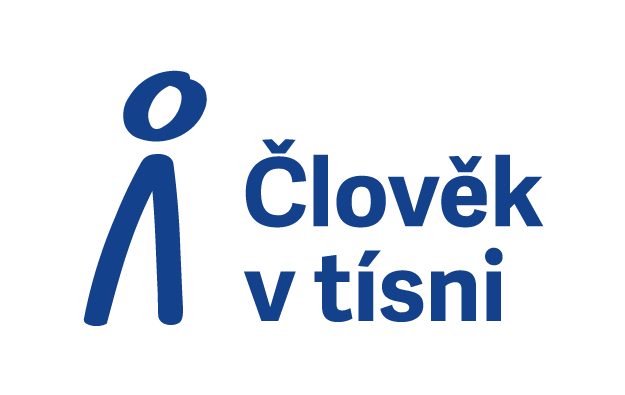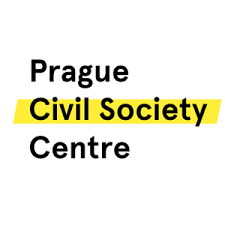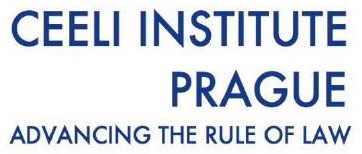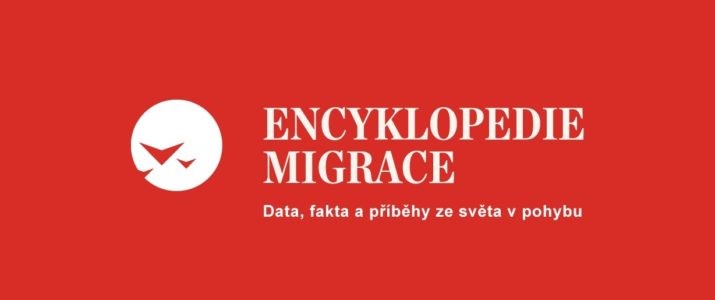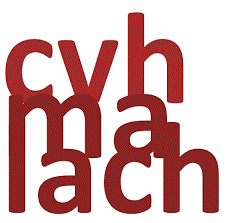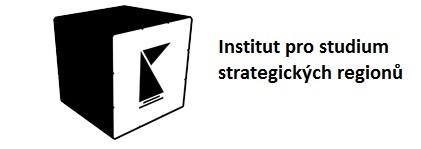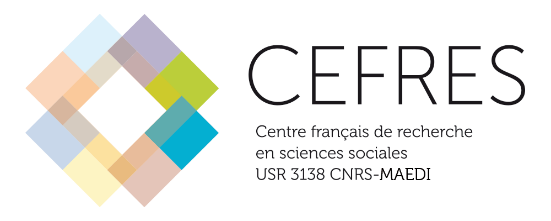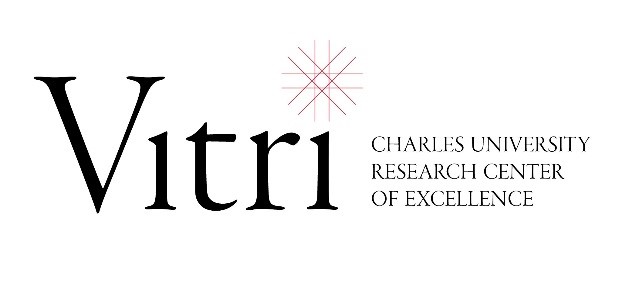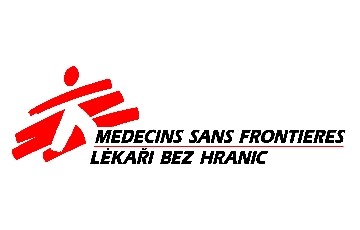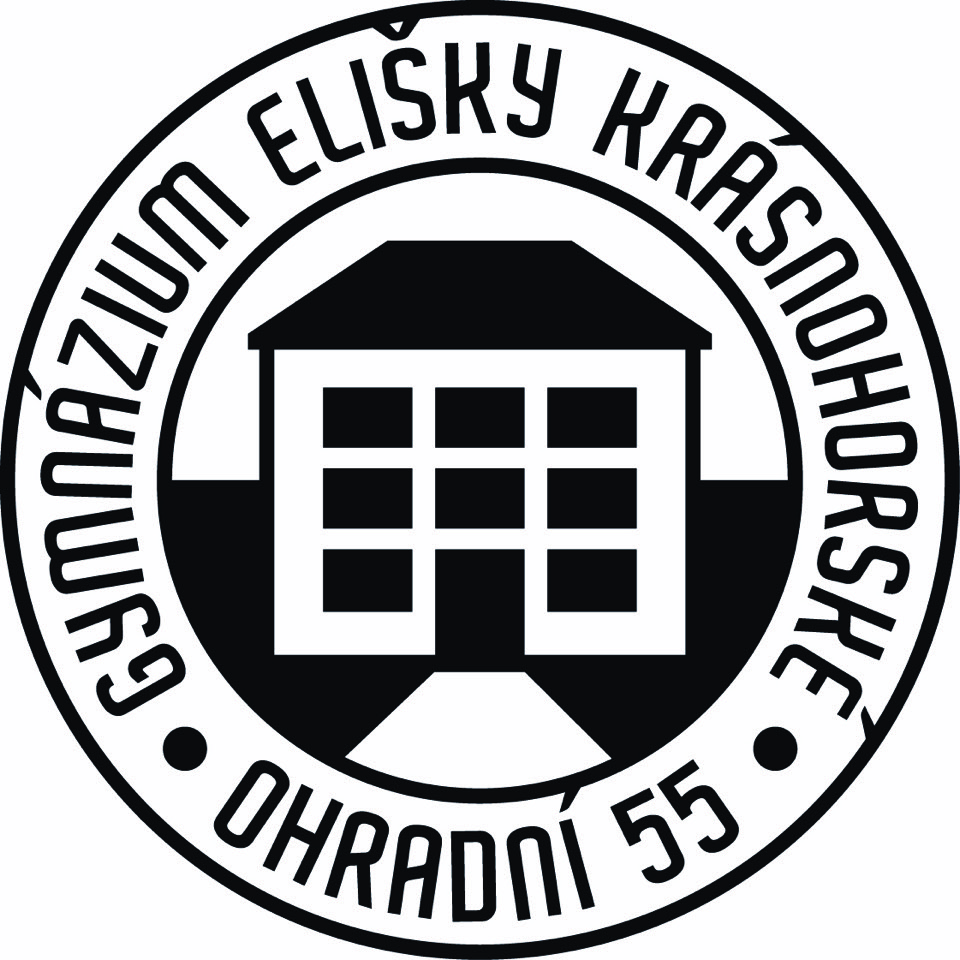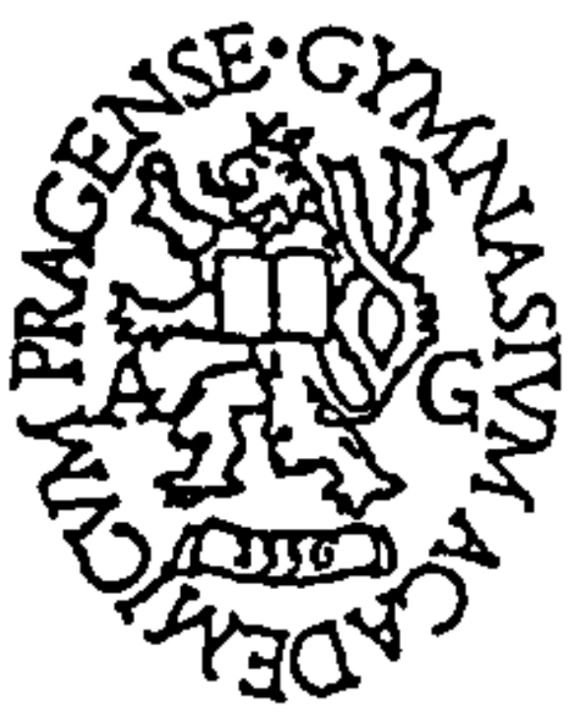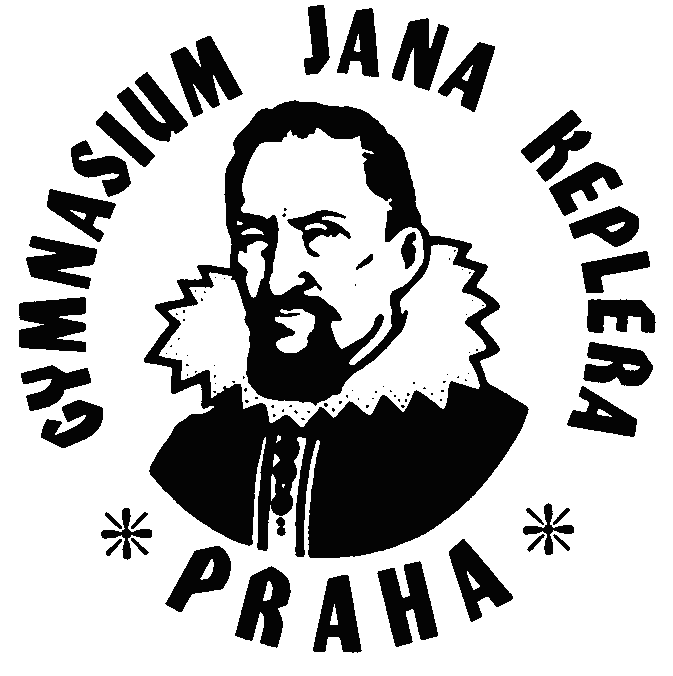Strengthening Democratic Resilience Through Digital Twins (TWIN4DEM)
Strengthening Democratic Resilience Through Digital Twins (TWIN4DEM)
TWIN4DEM brings together scholars of the social sciences and humanities, computational social sciences (CSS) and democracy stakeholders to jointly address one of the most pressing contemporary issues: what causes democracies to backslide? Combining various advanced CSS methods, TWIN4DEM prototypes the first ever digital twins of four European democratic systems (Czechia, France, Hungary and the Netherlands). In doing so, TWIN4DEM delivers four major breakthroughs. First TWIN4DEM develops a new agent-based conceptual model allowing to identify the causal pathways leading to executive aggrandisementn – the excessive concentration of powers into national executives – and threatening rule-of-law institutions. This will allow the systematic identification and testing of new hypotheses on the multidimensional causes of democratic backslide. Second, TWIN4DEM releases new cross-cutting tools to process and aggregate textual and non-textual data more efficiently and in real-time in an open, FAIR and GDPR-compliant manner. TWIN4DEM tools will not only allow democracy researchers to process more effectively the abundance of data on political life but also to enhance the transparency and legitimacy of democratic decision-making. Third, TWIN4DEM simulates, together with national policy makers and civil society organizations, policy scenarios to prevent and react against democratic backslide. This will enhance the effectiveness of interventions aiming at shielding rule-of-law institutions against external and internal threats. As a result, European democracies will be more resilient. Fourth, by formulating guidelines on scaling up the use of CSS in democracy research in a participatory, open and ethics-driven manner, TWIN4DEM paves the way for using such methods in a way that empowers citizens and reinvigorates the quality of democratic governance.
You can find more information about the project on the FSV website.
Research team
On the project, alongside the Faculty of Social Sciences, Charles University, are involved: Erasmus Universiteit Rotterdam (coordinator), Institut Catholique De Lille, Gesis-Leibnitz-Institut Fur Sozialwissenschaften EV, Fondazione Bruno Kessler, Linneuniversitetet, Universitatea Babes Bolyai, Hun-Ren Tarsadalomtudomanyi Kutatokozpont, Eticas Research And Consulting SL, Democracy International E.V., Diadikasia Business Consulting Symvouloi Epicheiriseon AE.
The principal investigator of the project is therefore Dr. Clara Egger from Erasmus University Rotterdam.
As part of the Institute of International Studies at FSV, the project is participated in by:
Donor
The project is funded by the Horizon Europe programme.

Duration
The project is scheduled to run from 2025 to 2027.


